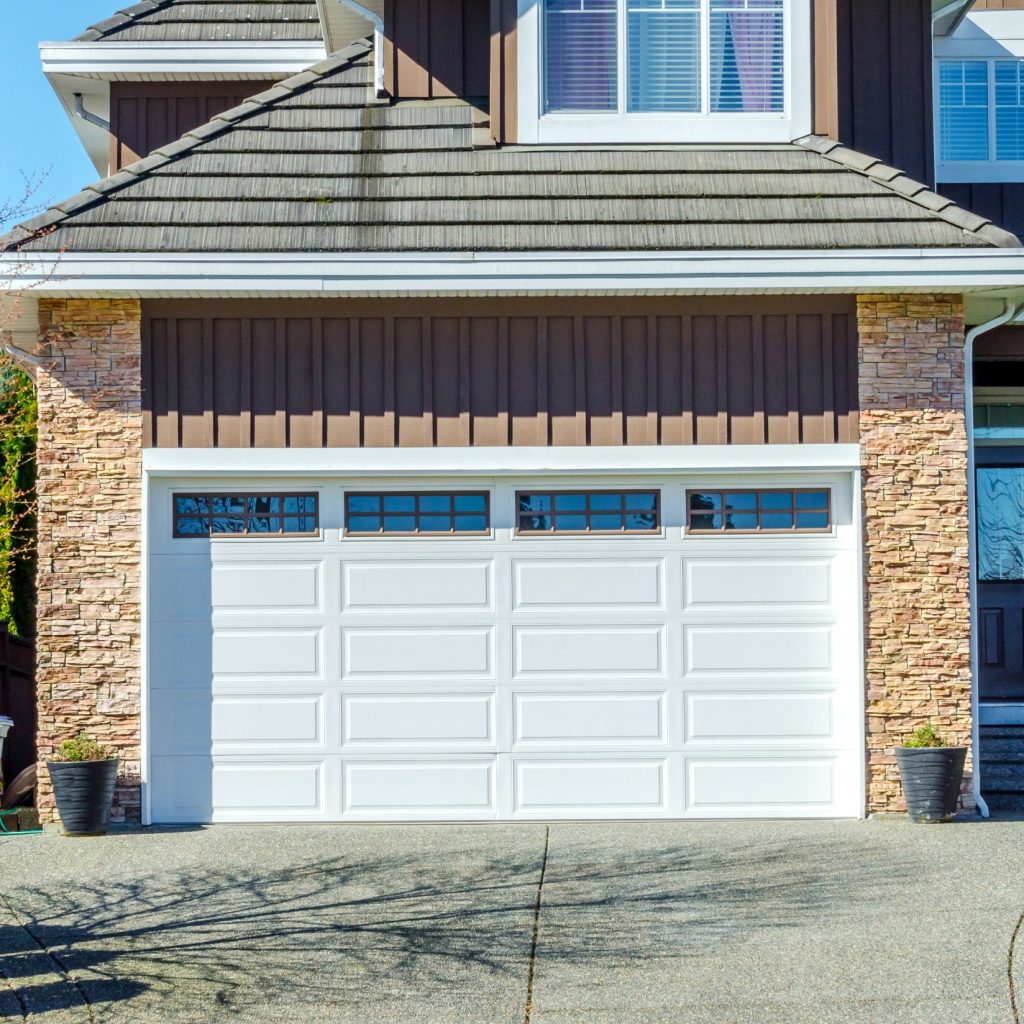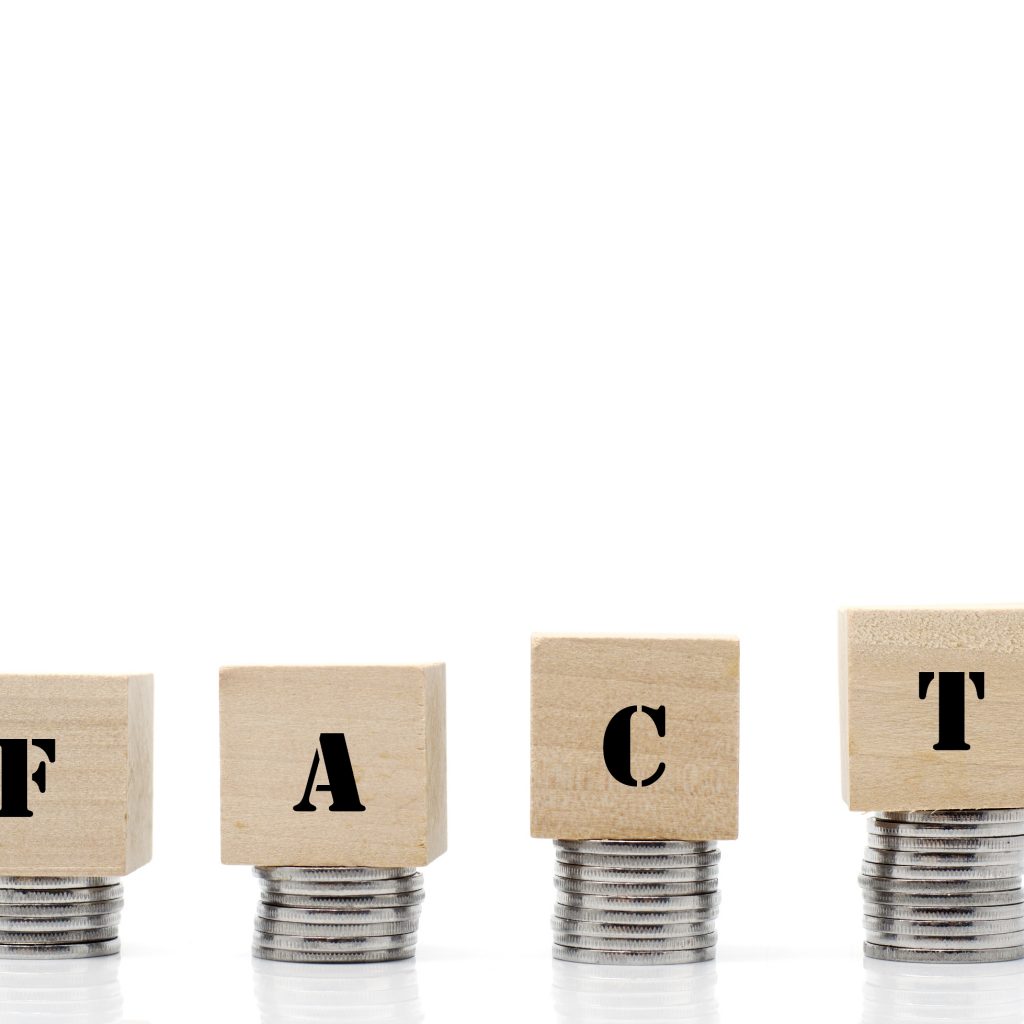
What is PMI?
What is the difference between PMI (MI) and MIP? PMI is private mortgage insurance, or more simply mortgage insurance (MI). It is an insurance policy that lenders require for conventional loans. The purpose of this insurance is to protect the lender in case the buyer defaults on the loan.
Private mortgage insurance is typically a monthly premium that is attached to your monthly mortgage payment. The premium payment varies depending on the loan, your down payment, and your credit score. In general, PMI ranges between 0.5% and 1% of the loan amount. For instance, if your loan is $100,000, you will likely pay between $30 to $70 per month.
How to avoid PMI?
If you purchase a home with less than a 20% down payment, a PMI is required before the lender will approve the loan. On the other hand, if you can make a minimum 20% down payment, you can avoid the private mortgage insurance altogether.
You will need to pay the monthly PMI premium until you loan balance reaches 78% of the original value of your home, until you have 20% equity in your home, or until you reach the midpoint of the amortization period.
It is important to note that even if your mortgage balance drops to 80%, in other words you have 20% equity in your home, you may not be able to cancel your PMI immediately. Your lender may ask for a formal appraisal of the house to determine its current market value and then calculate your equity. However, once your mortgage balance drops to 78% of the original value of the home, your lender is required to automatically eliminate the PMI charge.
Let’s say that you purchase a $200,000 home at a 3.935% interest rate on a 30-year fixed mortgage. You had a 5% down payment of $10,000. 80% of the loan amount of $200,000 is $160,000. Once, your principal balance falls below $160,000, you can request to cancel the PMI. However, once the principal balance falls below $156,000, or 78% of the original value, your lender will automatically cancel it.
What is MIP?
MIP stands for mortgage insurance premium and is different from PMI. Mortgage insurance premiums are insurance policies used in FHA loans, not conventional loans. Although, they have the same function as PMI because it is also designed to protect the lender in case the borrower defaults.
You can pay a lump sum or “upfront” MIP (UFMIP) at the time of closing. Alternatively, an annual MIP can be calculated and divided into 12 monthly payments.
The annual MIP rate varies depending on the length of the loan and the loan-to-value or LTV ratio. Additionally, if your loan balance is greater than $625,500, your MIP will likely be a higher percentage.
How to avoid MIP?
Similar to private mortgage insurance, mortgage insurance premiums are charged if your down payment is less than 20%. To avoid MIP, the minimum requirement is a 20% down payment due at closing.
Effective June 2013, FHA loans now follow new rules regarding MIP. If your initial loan-to-value ratio is 90%, you will pay MIP for 11 years. Otherwise, you will pay MIP for the entire loan term.
Alternatively, you can refinance your FHA loan into a non-FHA insured loan when you have enough equity. You would thereby eliminate the MIP and avoid the PMI as well.


